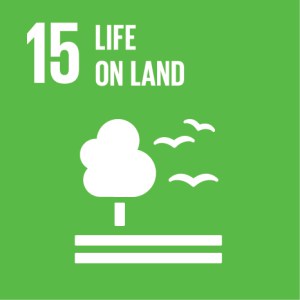| Our mission | The Institute’s mission is to advance applied research and ecological literacy through community engagement and agency partnerships to support national parks, forests, open spaces and public lands. |
|---|
Great Basin Institute
| Ways to help | Visitor Center VIPThe Galena Creek Visitor Center VIP is the front desk attendant at the Visitor Center. This role entails customer service through retail sales, public education, outreach, enforcing park rules & regulations, general facility maintenance and possible administrative work.Environmental Inspirer VIPThe environmental inspirer will be placed and scheduled accordingly to support Galena Naturalists in field trips and camps. This person is upbeat and enjoys being around elementary-secondary students. They have knowledge in environmental subjects such as outdoor safety, water ecology, fire ecology, wildlife ecology, and plant ecology.Docent VIPThe docent vip position is for someone who is willing to participate/help with everything that is needed. They take on the Visitor center, environmental leader and inspirer role. This person is someone who is a passionate steward of the environment and supporter of GBI programming at Galena. |
|---|
| How you help | The International Conservation Volunteer Exchange is a volunteer and internship program for international participants who wish to collaborate with American professionals on natural resource projects on public lands throughout the American West and abroad. |
|---|
| About us | The Great Basin Institute is an interdisciplinary field studies organization that promotes environmental research, education, and conservation throughout the West. Founded in 1998 at the University of Nevada, the Institute’s mission is to advance applied research and ecological literacy through community engagement and agency partnerships to support national parks, forests, open spaces and public lands. GBI is a member of the Great Basin Landscape Conservation Cooperative (LCC), a multi-agency collective that brings together researchers, tribes, universities, federal, state and local governments, and non-governmental organizations to address and protect the natural and cultural resources essential to sustaining our health and quality of life. |
|---|
{{ reviewsOverall }} / 10 Users (0 votes)
Criterion 10


